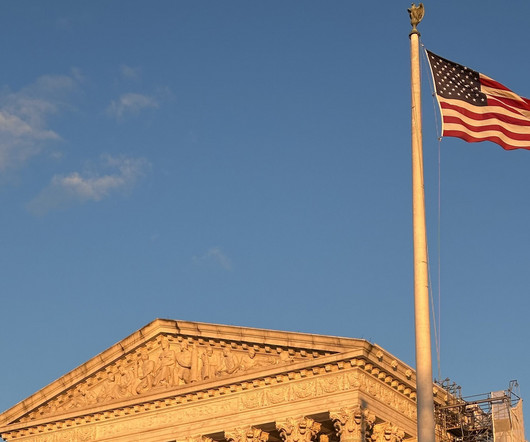Supreme Court rules proposed EPA regulations unconstitutional
JURIST
JUNE 30, 2022
The US Supreme Court Thursday ruled that the Environmental Protection Agency (EPA) does not have the authority under section 111(d) of the Clean Air Act to enforce proposed power plant emission limitations in West Virginia v. ” In West Virginia v.















Let's personalize your content